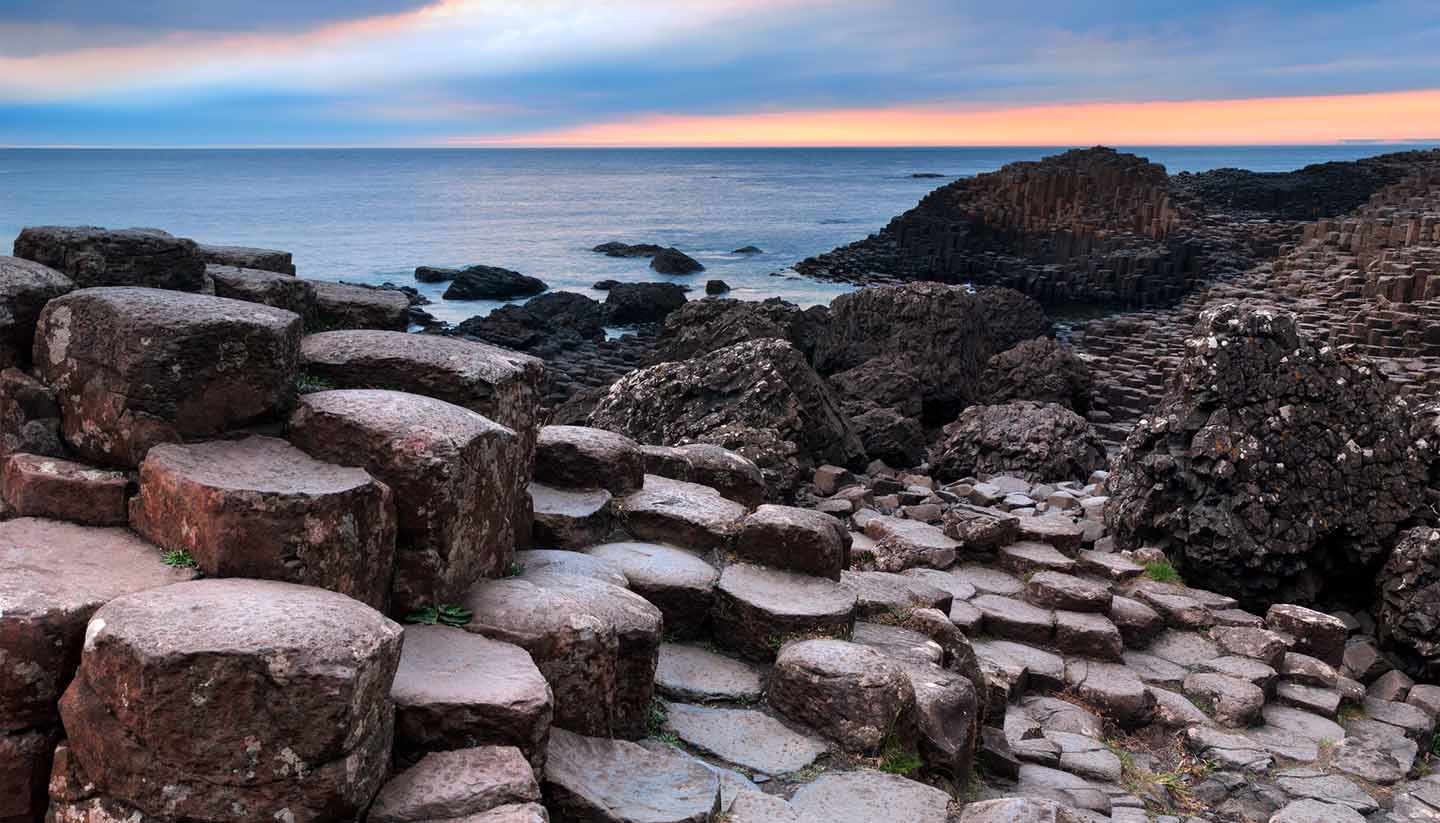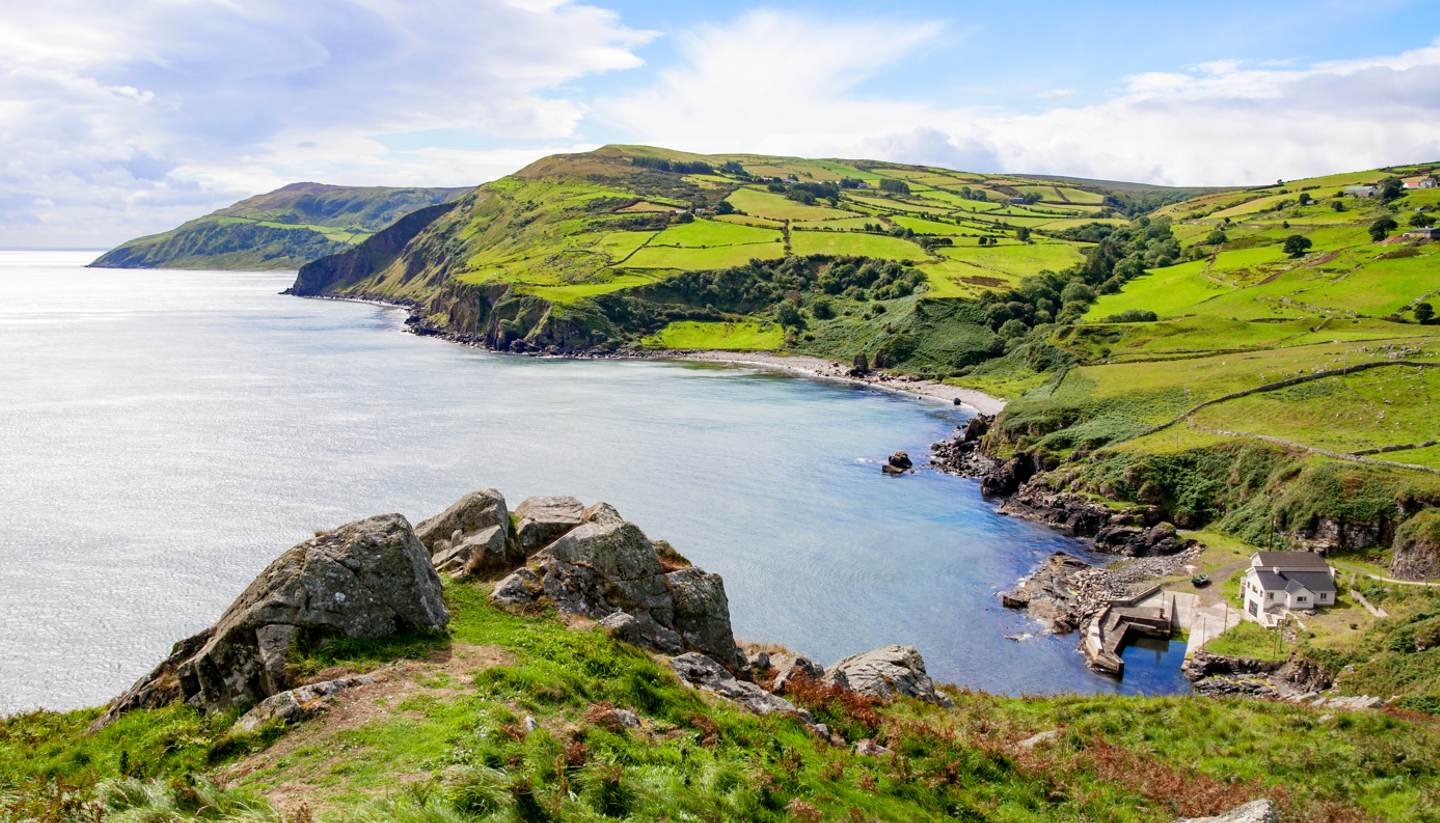Northern Ireland History, Language and Culture
History of Northern Ireland
Sectarian divisions between its Catholics and Protestants scar the history of Northern Ireland where huge murals depict conflicts past and present, but increasingly document peace and cultural diversity.
In the 17th century, the so-called Ulster Plantations saw Scottish Presbyterian settlers come to the region although English monarchs before and after laid claim to it, often ruthlessly.
The 1920 Partition of Ireland gave home rule to its six north-eastern counties and created the Irish Free State (now the sovereign Republic of Ireland) ruled from Dublin. This remains the root cause for the ethno-nationalist violence that overshadowed Northern Ireland for much of the 20th century. The most strife-ridden period, from 1968 to 1998, is known as the Troubles.
The 1970s brought civil disorder, internment, troops on the streets and bombing campaigns that spread throughout the United Kingdom before peace negotiations began in the mid-1990s. The Good Friday Agreement (officially the Belfast Agreement) was signed on 10 April 1998 and the Northern Ireland Assembly was set up in 1998.
Representatives of all parties took part and, although the Assembly was largely suspended from 2000 to 2007, a historic meeting between Gerry Adams of the republican Sinn Féin and ardent nationalist Ian Paisley of the Democratic Unionist Party took place in 2007 as the Assembly was restored.
Sadly, while life goes on relatively peacefully, it would be false to claim the scars of the Troubles have completely healed. Social tensions have raised their heads periodically since the restoration of the Assembly, notably in December 2012 and early 2013, when a decision to limit the number of days the Union Flag flew outside Belfast City Hall was met with violent demonstrations. The Northern Ireland Assembly was again suspended in 2017 and remains so after policy disagreements and the resignation of Martin McGuinness.
Did you know?
• Having suffered 33 bomb attacks during the Troubles, Belfast's four-star Europa Hotel continues to be known as the most bombed hotel in Europe.• Louise Walsh's sculpture, Monument to the Unknown Woman Worker on Great Victoria Street in Belfast is a testament to women's rights.
• Belfast City Airport was renamed in 2006 in honour of football hero George Best.
Northern Ireland Culture
Religion in Northern Ireland
Predominantly Christian (Church of Ireland, Roman Catholic, Presbyterian, Methodist), sizeable Muslim, Sikh, Jewish and Hindu minorities. Around 15% of the population have no (or unstated) religion.
Social Conventions in Northern Ireland
Due to the still-sensitive political situation in Northern Ireland, visitors should avoid expressing dogmatic opinions on political or religious topics. At the same time, it’s important not to overplay the risks involved with visiting the country, which for tourists are very slim.
Handshaking is customary when introduced to someone for the first time. Likewise, ‘normal’ social courtesies should be observed when visiting someone's home and a small present such as flowers or chocolates will always be appreciated. It is standard practice to wait until everyone has been served before eating.
In general terms, the Irish people are renowned for their congeniality, good humour and easy-going nature, and the pub remains perhaps the ideal setting in which to get a true feel for the pulse of the nation. Smoking is banned in all public enclosed spaces, including pubs, bars and restaurants.
Language in Northern Ireland
English. The Irish language (Gaelic) is spoken by a minority.



